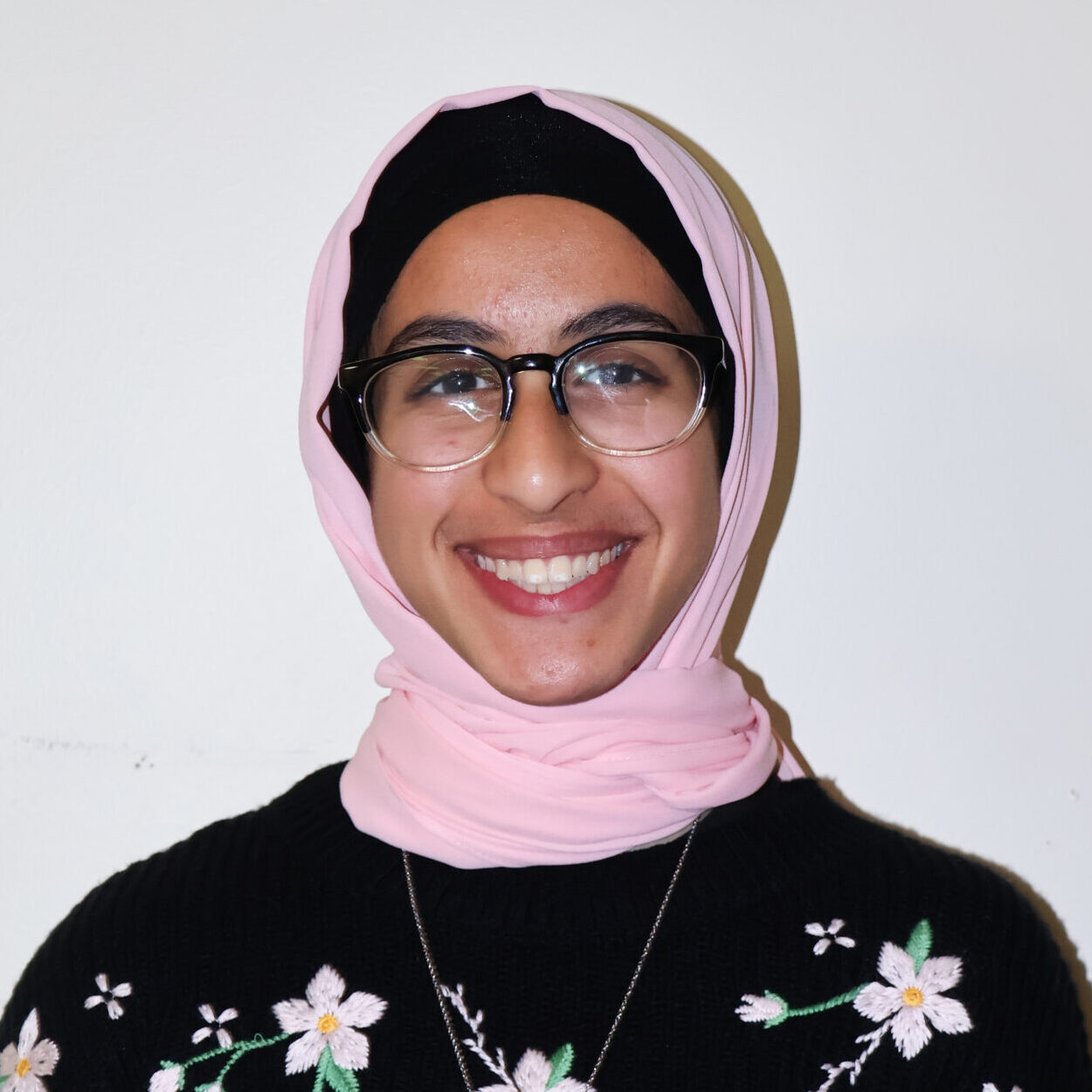TJ Klune’s “Somewhere Beyond the Sea” promotes found family for trans youth.
Escaping ‘Somewhere Beyond the Sea’
TJ Klune’s new book builds a safe space for trans youth.
Klune’s “Somewhere Beyond the Sea,” poses a question filled with the promise of escape — “Don’t you wish you were here?”
The sequel to “House in the Cerulean Sea” and the second entry in the Cerulean Chronicle book series invites readers to a world where home is not a place but is instead found in the people who make it feel like one.
“The House in the Cerulean Sea” became a global success during the pandemic when many longed to escape from their house confinement. As a New York Times, USA Today and Washington Post bestseller, Klune’s story touched countless readers, inviting him to continue the Cerulean Chronicles and provide readers — especially trans youth — refuge.
“For the trans community the world over: I see you, I hear you, I love you. This story is for you,” Klune wrote in the book’s dedication.
Throughout the sequel, the repeated phrase, “Don’t you wish you were here?” is directed at those who cling to conservative ideologies — people who dwell in dark, colorless spaces and need a safe haven like the Cerulean Sea.
The chronicle “Somewhere Beyond the Sea” follows Arthur Parnassus, an orphanage director, and Linus Baker, a retired government official from the Department in Charge of Magical Youth. On Marsyas Island, the two care for six magical children considered dangerous by DICOMY due to their supernatural powers. Arthur, Linus and the children represent a chosen family snuggled into a portrait of hope and resilience.
The children have varying abilities — ranging everywhere from controlling nature to embodying the antichrist. The extreme powers threaten DICOMY because they have the ability to bring destruction to the world.
Arthur continues his fight against the government and care for the children. DICOMY wants the children to be exiled and have no contact with the outside world. With DICOMY’s strong distaste for magical creatures, stereotypes grow within the humans and they harm magical children by disallowing them basic rights.
Arthur himself is also magical — he’s a phoenix whose painful past in DICOMY’s orphanages shapes the book’s emotional core. The unbearable trauma Arthur experienced as a child is the driving force behind his stand against the government to protect the children.
Outside the island’s confines, the city is rife with prejudice. Its anti-magic propaganda reinforces fear of and discrimination against magical beings. Arthur recognizes this bigotry and works to give the children a future free of such stigma.
In stark contrast to Arthur’s vibrant home on Marsyas Island, the city is gray and lifeless. Its inhabitants are trapped in a dull world of work, technology and machines.
The introduction of a Yeti named David complicates their fight against the government. DICOMY strengthens its hold by refusing to give Arthur the resources he needs to care for the children and help others because the Yeti Arthur adopted is also deemed highly dangerous.
The magical youth in the book and Arthur’s advocacy mirror the real-world struggles of trans youth. In the book, the monsters are the humans, and Arthur is protecting the kids — the ones DICOMY labeled as monsters — from the humans.
“Somewhere Beyond the Sea” aspires to be a work of political significance rather than a mere escape novel. The message extends to contemporary figures like “Harry Potter” author J.K. Rowling’s anti-trans tweets, weaving themes of abuse, cultural assimilation and the erosion of rights into the fabric of his story.
Rowling inspired the creation of the book’s antagonists because Klune views Rowling as the same kind of villain her own novels decry, according to an interview with Library Journal. Klune denounces Rowling using her platform to attack the trans community.
In Arthur’s voice, Klune interlaces ideals of resistance against bigotry and oppression.
“Places, just like people, can hold power over you if you let them,” Arthur says to the children. “Unearned power that gives them the right to decide how others should be treated simply because of who they are.”
Through uses of visual descriptions and dynamic imagery, Klune emphasizes how joy doesn’t reside in places, but in people. The message paints a beautiful, found family story teeming with color and light.
As Klune dedicates this story to trans youth, he transforms Marsyas Island into a refuge for anyone searching for a sense of belonging.
-

Noman is a first-year neuroscience and English double major. When not reviewing books or writing about music, Noman enjoys reading, writing poetry, drinking coffee, and watching Young Sheldon. She loves exploring new narratives and capturing the heart of campus stories with a focus on culture and the arts.
View all posts
Topics
Get the Loyola Phoenix newsletter straight to your inbox!


